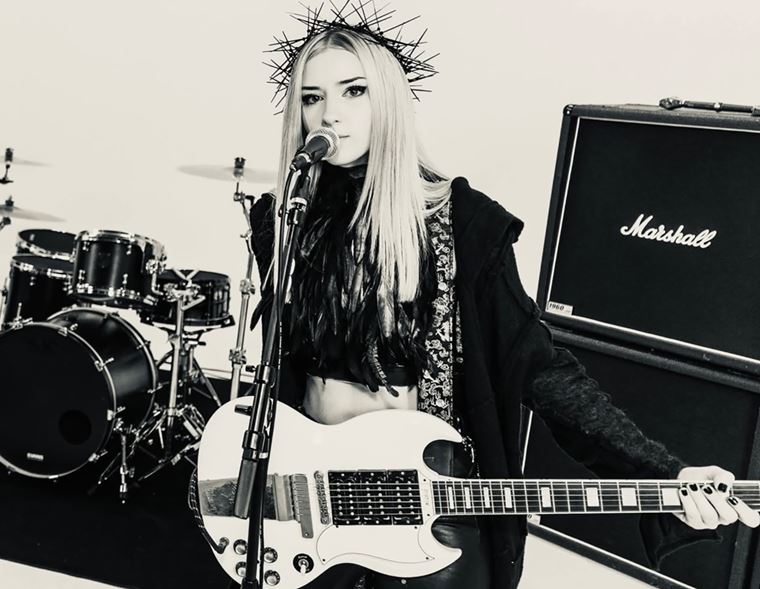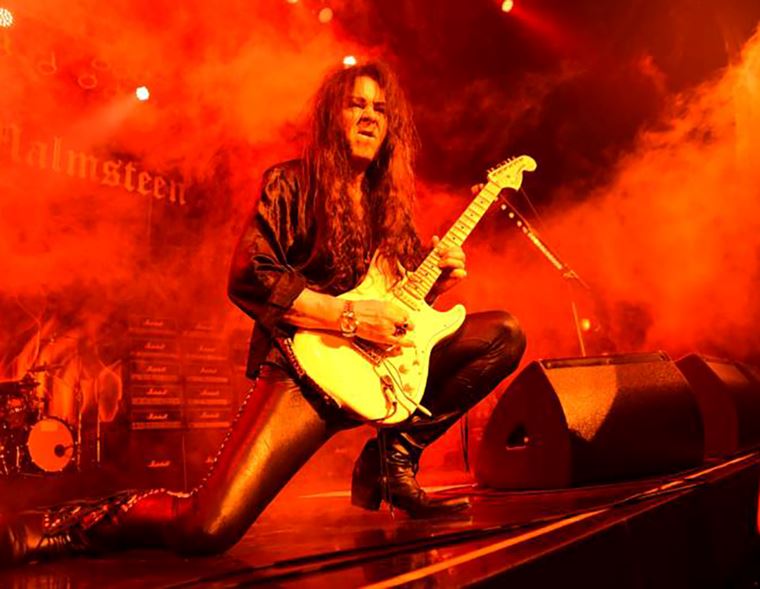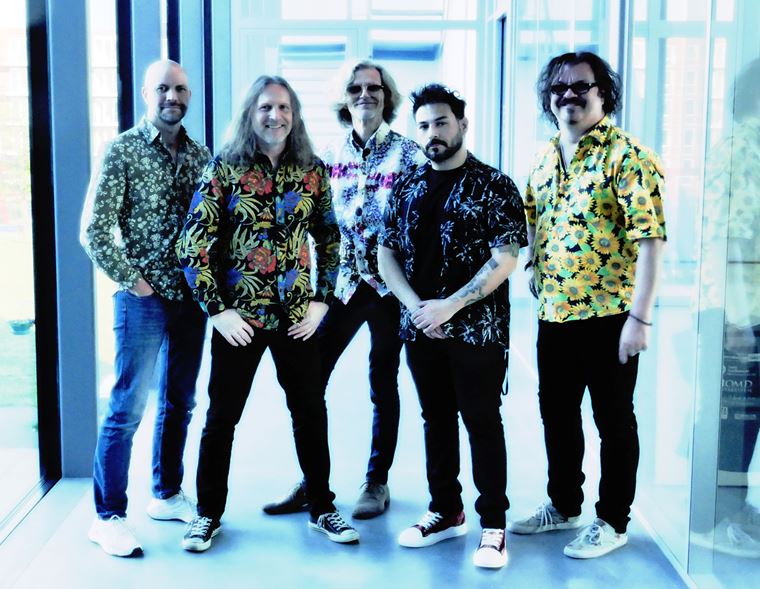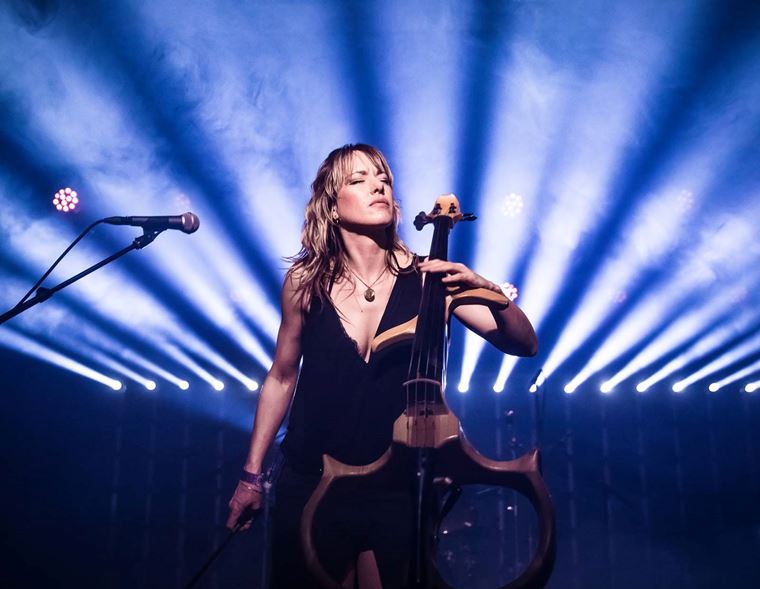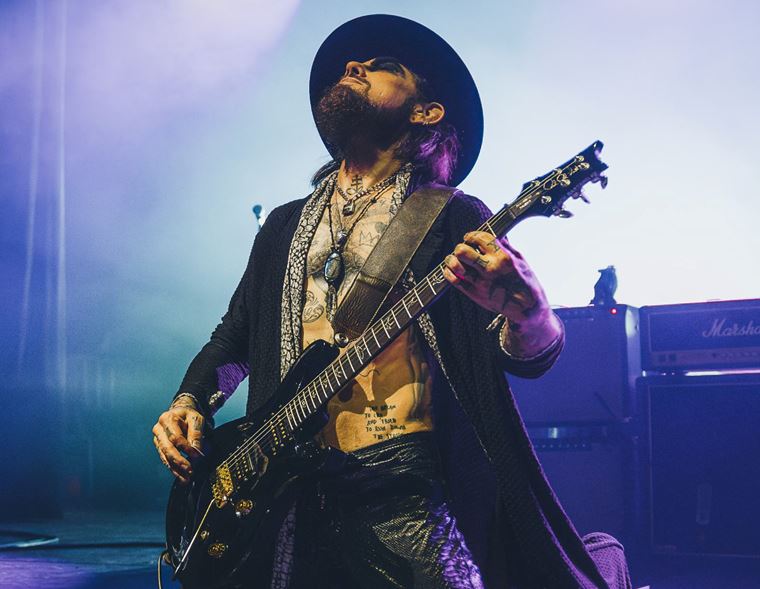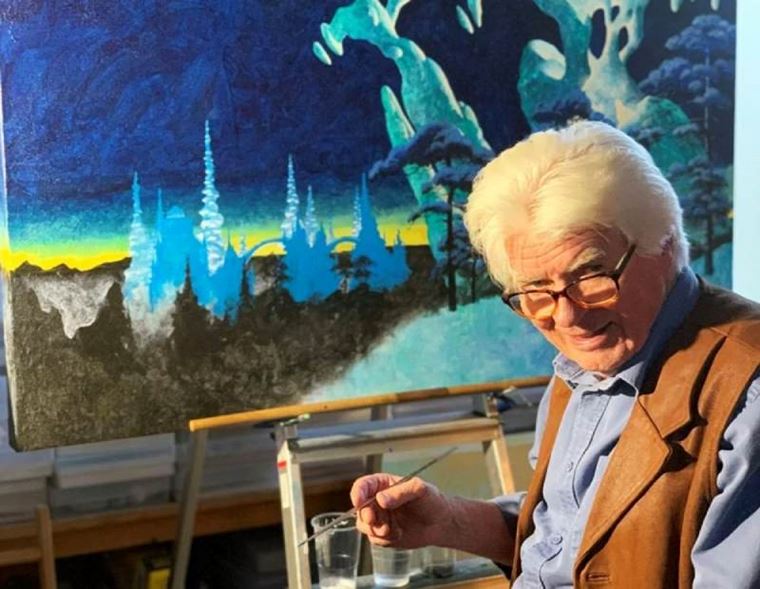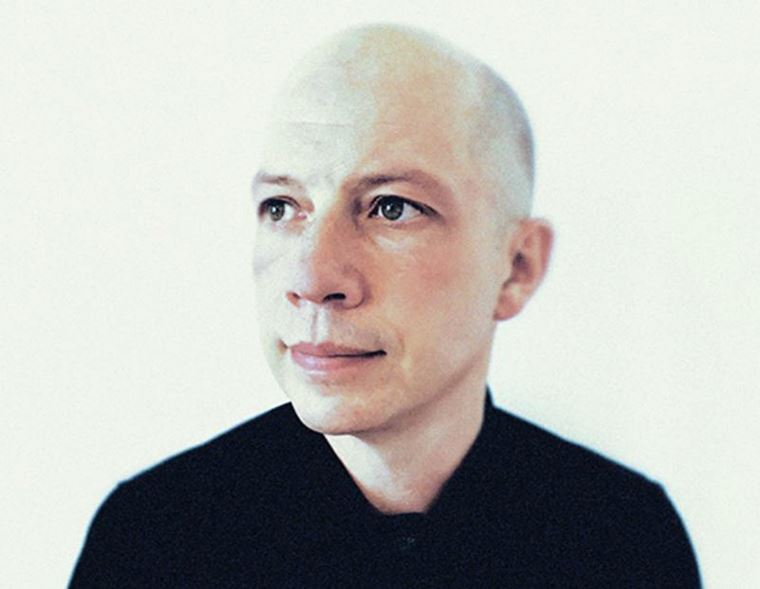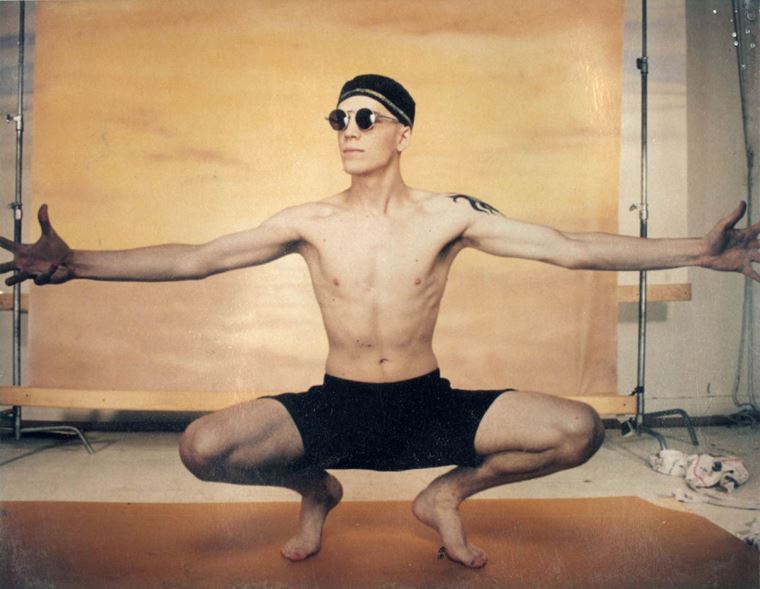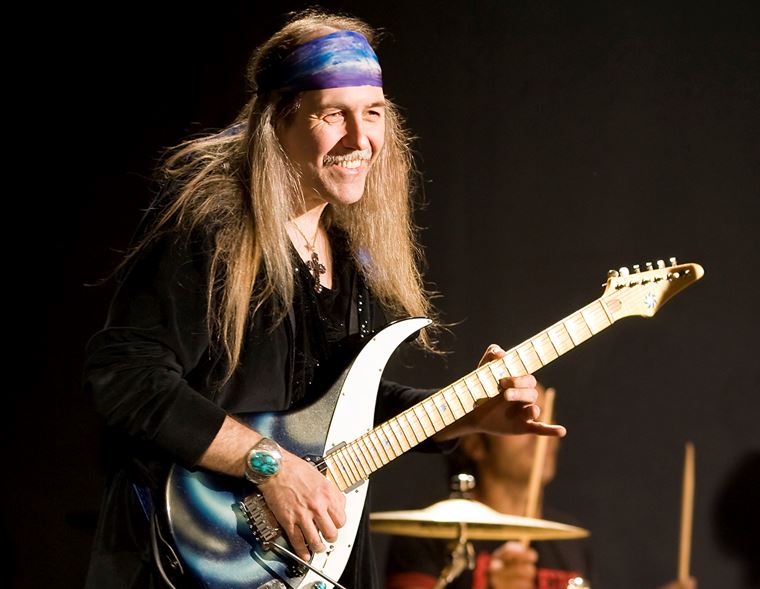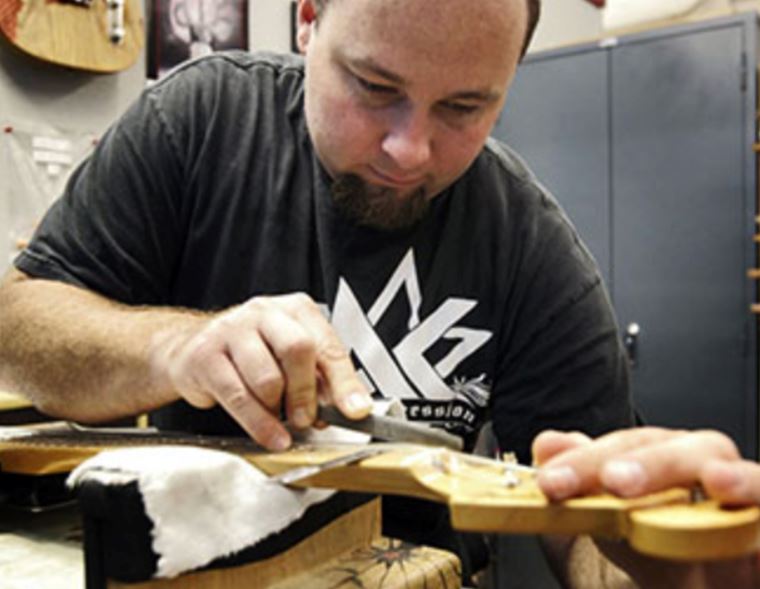BEAT: Steve Vai Talks EXCLUSIVELY to guitarguitar about the new supergroup!
Published on 29 August 2024
BEAT is happening soon! The supergroup, formed of Steve Vai, Adrian Belew, Tony Levin and Danny Carey, are joining together to play a very particular repertoire of music. King Crimson’s early 80s suite of records - known as the Discipline trilogy (the albums are Discipline, Beat and Three of a Perfect Pair) - introduced a completely new style of music that mixed polyrhythmic metres with a style of guitar playing that took more influence from Indonesian Gamelan music than from typical rock styles.
It was game changing stuff, and there has since been a hunger for more of it, along with a real mystique over the music itself. Whilst original co-guitarist Robert Fripp and drummer Bill Bruford are not taking part in this tour, they’ve given it their blessing, with Fripp even coining the band name and remarking that “Steve Vai is the only guitarist who could play my parts. I’m totally psyched for this”.
Me too, Robert! Now, only last week, we put out an article covering the wonderful conversation Steve and I had about the Ibanez JEM (if you missed it, please click through to the Definitive History of the Ibanez JEM blog). During that conversation, our chat moved onto the topic of the upcoming BEAT tour, and I felt that instead of having it in the middle of a JEM blog, it would make more sense to put this subject into its own context. Back in April, Steve and I chatted on video (see below) and the BEAT news had just dropped, so we didn’t go into detail then, though we did both talk enthusiastically about Fripp’s playing.
So, that’s the context. Here, then, is our little segue snippet on the subject of BEAT. The conversation had just moved on from me asking about his PIA guitars, so I’ve left a little part of that here, since Vai fans will be interested in that too. I hope you enjoy it…
Steve Vai on BEAT
Guitarguitar: Well, it's been four or so years since the PIA was released. Our first conversation was actually about the PIA (click through to the First gg Steve Vai Interview). I’m wondering how things have developed in terms of: you've had the JEM since its inception 37 or so years ago. When we spoke about the PIA, it was just new, but now you've had four years to live with it and tour with it. Has it changed at all as an instrument in terms of your relationship with it?
Steve Vai: Well, my relationship is constantly changing with all the instruments, but it's a very good relationship. It's like we've been living in the same bedroom, without being asked to leave, you know? (laughs) There really hasn't been any changes, and there's been no desire…okay, there is one…
Okay, so I'm doing this BEAT tour, and I had to learn all this beautiful music, Robert Fripp’s guitar parts, just outstanding stuff. But it requires a different type of playing. What I was noticing when I was playing the PIA was the selector switch: I kept hitting it! I have to do these wide strums. So I decided to have some new guitars made for the tour because there's certain accoutrements that it needed, like the pickup for the synthesizer. And I wanted to move that switch down a little bit. So that was the only way that the PIA has really changed for me so far: I just moved the pickup selector down a little bit for these BEAT guitars.
(Later on in our main JEM conversation, Steve decided to show me a special custom PIA he’s had made for the BEAT tour, incorporating all of those changes outlined above and also featuring Steve’s own artwork. It is not a production model guitar, so I doubt we’ll be listing these for sale any time soon, but Steve did give me permission to include a screenshot of it from our Zoom call! So, here it is, a special exclusive! Thanks, Steve!)
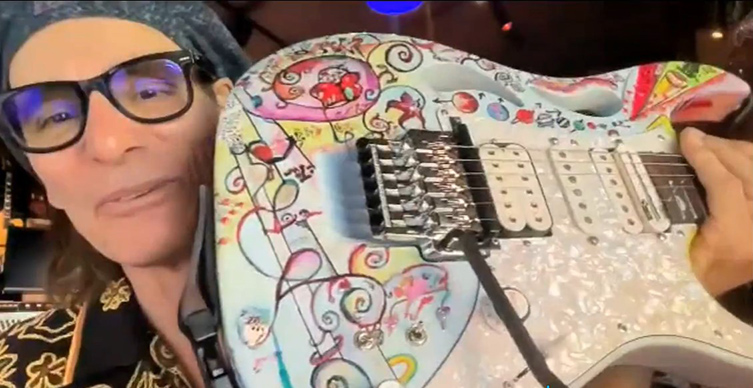
(Pic: Ray McClelland, with permission of Steve Vai)
GG: Okay, interesting. And on the subject of BEAT, I'm very familiar with learning to play the Fripp and Belew guitar parts. (I hold up a copy of the ‘Disciple Era Transcriptions’ TAB book) And I didn't realise how much of the 'guitar playing' is actually Tony's Chapman stick. (A Chapman Stick is a fretted ‘stick’ instrument with both guitar and bass strings, and is played with both hands on the fretboard. You hammer-on instead of plucking strings - Ray) That was a bit of a surprise!
SV: I know, right? Wasn’t that a surprise?
GG: Yeah! A nice surprise! Tony’s awesome. I don't have a Chapman Stick to learn the parts, but at least I know what not to play, you know?
SV: Well, as soon as I got into that book and I started realising what Tony was doing, I immediately sent him an email and I was like, ‘Brother! Oh Boy!’ That book was a lifesaver. If I had to learn all this music, in the amount of time that I have, and using my ear? That would have been a disaster! It's too hard, because the Adrian and Robert had the same tone and what they're playing is a polymetric: there are lines going against each other at different time signatures and stuff. It's just really difficult sometimes to hear what each guy is doing. The book delineates it beautifully and it was an amazing godsend for me.
"I'd look at (Fripp's guitar part) and go, 'Okay, I'll figure out another way to do it that works for me'. Uh-uh. No other way! And that's hard for me to say, because I can figure out another way of doing almost anything!"
GG: Such a cool book. And I never thought such a thing would exist. When it comes to those parts…obviously, you're such a skilled - and schooled - musician. I found quite a lot of Robert's parts to be - I don't think the word is 'counterintuitive', but my hands were doing things they aren’t often asked to do - and I wondered if you found that to be the same situation? The parts go in and out of themselves quite a lot with some very strange voicings.
SV: There's a few things that are quite challenging. Robert was like a scientific technician in the sense that he covered all the bases. He's like a holistic player: he developed his style, he's brutally disciplined, and he would just work and work and work.
All that aside, his musical mind is unique. It's very creative. I mean, he reinvented a genre twice! (laughs) And the big difference is, I don't pick all the notes the way he does. But it's also the relentlessness: it just doesn't stop! I mean, something like Three of a Perfect Pair, there's no eighth note break. Once you hit ‘go’, hold tight because you can't stop! (laughs) Your pick is sliding a little bit in your fingers, and then something like Frame By Frame, it's relentless!
Back before the shoulder surgery, none of that music would have been an issue. I would have probably not had as much trouble. But I've had some issues where my picking is compromised. So, it was such an amazing challenge to listen to that music and reshape it so that it works within my abilities. And one of the things, just on a practical level for a guitarist is: if you're playing with your hand like this (holds his fretting hand at a more regular, casual angle) - which I do - it's very different than like that (moves hand to be straight in line with the imaginary frets). This is veeeery different! I don't do this - I do occasionally, of course - but I’m always like this (the first hand position).
"Robert's like a holistic player: he developed his style, he's brutally disciplined, and he would just work and work and work."
I don't know, I think it looks better, it's cooler, you can do certain things… the other way is probably more efficient for hard stuff, and I can do that, but that's Robert's style. And the parts - as you know from going through them - they sit beautifully on the guitar, but they're different. They ask you to do things that you would just never do! (laughs) Something like Three of a Perfect Pair: that riff, it's ridiculous!
You gotta barre a note on the A string, and then hit a note on the B string on the 11th or 12th fret or 13th fret or something: I look at it and I go, ‘okay, I'll figure out another way to do it that works for me’. Uh-uh! No other way! And that's hard for me to say, because I can figure out another way of doing almost anything. A lot of that Fripp stuff, there is no other way to do it - appropriately - than the way he did it.
But some of it's just: there was a 35 year old Robert Fripp at the peak of his game doing some of the most impossible shit, you know? So, 64 year old Steve Vai might change it a little bit! (laughs) But I'm still getting all the notes! I love the way I'm playing things like Thela.
GG: Oh, yeah, Thela Hun Jinjeet, what a tune.
SV: What a piece of music! I don't pick all those notes, I’ve devised this way of strumming and getting all the notes. It's very rhythmic and groovy, so to speak.
Guitar Synthesizers
But another thing that's been really great about learning this music is playing with the guitar synthesizers. I've got a GM-800 and that SY-1000, the Roland ones. I'm building all these patches and everything, so doing things like Industry: if any of my fans go to one of these BEAT shows, they're going to see me play totally unlike what I do at my concerts.
It's so interesting. I get to do a whole different thing, and I thought it was a really wonderful respite from me doing album, tour, album, tour, album, tour. It's interesting because I would always get asked if I ever wanted to join a supergroup. And I've been asked to join supergroups quite a bit but my feeling has always been: most of the time when people are trying to reform or form a supergroup, it's to relive the glory days of yore. And that felt like a repeating of the past, so I never really did it. I really don't have any interest, because I always get asked that question.
"Some of it's just: there was a 35 year old Robert Fripp at the peak of his game doing some of the most impossible shit, you know?"
But what I used to say was: having said that, if somebody came along and they wanted to do something that was very creative, borderline impossible and insane, but accessible, listenable, and brutally creative, without any regard for necessarily wanting to be commercial or acceptable - but actually having it be very accessible - I would be interested in doing that.
But nobody was knocking on my door! And then I pick up the phone and it's Adrian Belew. And I'm like, ‘there it is! There's the supergroup of my dreams. If I'm ever going to join a supergroup, that's it. I mean, we got Danny Carey, Tony Levin, Adrian Belew, and we're playing that beautiful music. So that's my idea of a good time in a supergroup. And I'm really happy that it came along.
Here’s hoping they make it to the UK! For anyone heading to these shows, it’s sure to be incendiary stuff indeed: beautiful sounding, game-changing music played by four of the finest musicians in the world, two of whom were involved in writing it!
King Crimson fans should also check out this conversation I had recently with Tony Levin, for all of the obvious reasons you’d want to check out anything he’s involved in! There’s some BEAT discussion in here too, so click through when you’re done here!
I’d like to thank Steve again for not only his generosity with time but also for being so open and up for the conversation in the first place! I did get permission to show off that special Beat guitar, and who knows, maybe Ibanez will decide to release something in the future?
The BEAT tour begins in San Jose on the 12th September. In the meantime, keep up with the tour at the official Beat tour website and on the official Steve Vai website.
Thanks to you for reading this exclusive article on the already-legendary BEAT supergroup. Now, where is that Discipline TAB book? I’ve got some practising ahead of me…


